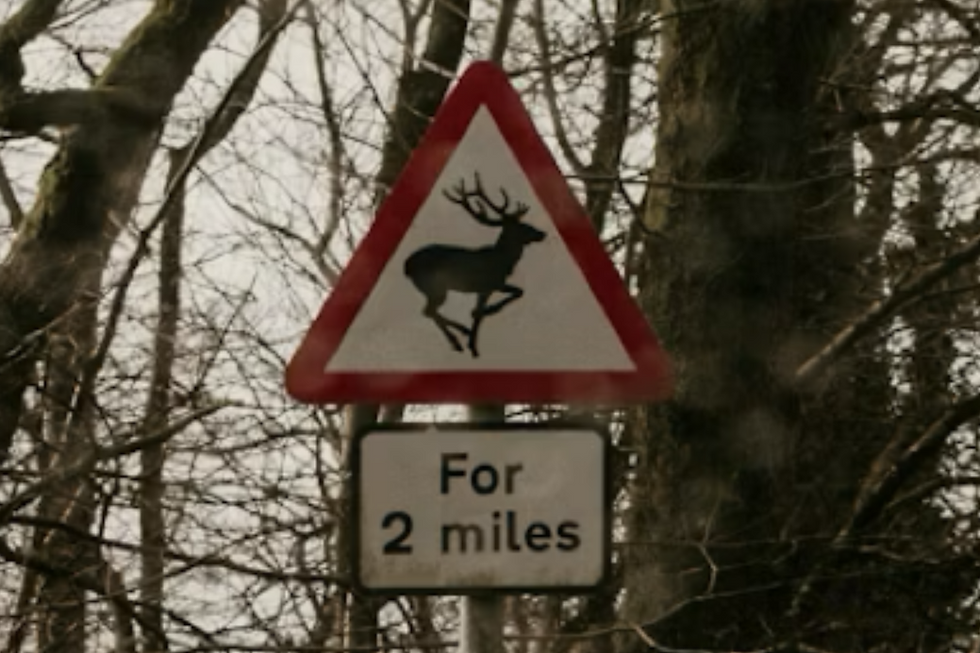What should taxi drivers do if they unfortunately hit an animal on the road?
- Perry Richardson

- Jul 11, 2025
- 3 min read

Drivers travelling across the UK this summer are being reminded of the steps they must take if they unfortunately hit an animal on the road.
Motoring experts from LeaseLoco.com have issued practical advice to reduce risks to both drivers and wildlife, especially as the summer months often bring increased activity in rural areas.
Those behind the wheel are urged to be alert, particularly on country roads where speed limits are often higher. Wildlife is more active in these locations, especially at night and in the early mornings, which increases the likelihood of unwanted encounters.
Drivers are advised to lower their speed and remain aware of their surroundings. Swerving or braking sharply to avoid animals can lead to greater danger, potentially endangering the driver, passengers and the animal. Using the horn or revving the engine can also panic animals, leading to unpredictable movement.
If an animal is spotted ahead, motorists should slow down steadily, avoid loud movements and allow the animal to leave the road before continuing.
In the event of a collision, the next steps depend on the type of animal involved. If a driver hits dogs, cattle, horses, pigs, goats, sheep, donkeys or mules, they are legally required to inform the police. This falls under section 170 of the Road Traffic Act 1988. Failing to report such incidents can lead to points on a licence, fines or more serious legal consequences.
For other animals, including cats, foxes, deer and badgers, there is no legal requirement to report the incident. However, drivers are encouraged to contact the RSPCA or local wildlife rescue services, as prompt action could help save the animal.
If the animal is a domestic pet, check for a collar to help identify its owner. Notifying the owner can provide vital information and prevent prolonged distress.
After any collision, drivers should pull over safely, turn on hazard lights and check that everyone in the vehicle is unharmed. If it is safe to do so, taking photographs of the animal and the location may support insurance claims or police reports.
Larger animals, particularly deer, should be reported to the police or council even if no legal requirement exists, as their presence on the road can pose ongoing risks to other drivers.
John Wilmot, CEO of car leasing comparison site LeaseLoco.com, said: “Encounters with animals on the road can be stressful but staying calm and knowing what to do is key.
“If you’re travelling in rural areas this summer, be prepared and always look well ahead for animals and slow down when approaching one.
“Swerving to avoid them can lead to more serious accidents, so it’s safer to brake in a controlled way and gently come to a full stop if you need to and wait for the animal to pass.
“Sudden movements and loud noises from the car can frighten and startle animals which can be really dangerous for everyone so avoid revving the engine and beeping the horn at all costs.
“If you spot animals like cattle or deer, wait a few minutes to ensure that the rest of their herd isn’t about to appear behind them and drive cautiously.
“If you have hit an animal, it’s really important that you report the incident to the council, police, or the RSPCA. You could potentially save the animal's life and help keep other road users safe.”
LATEST PREMIUM STORIES








